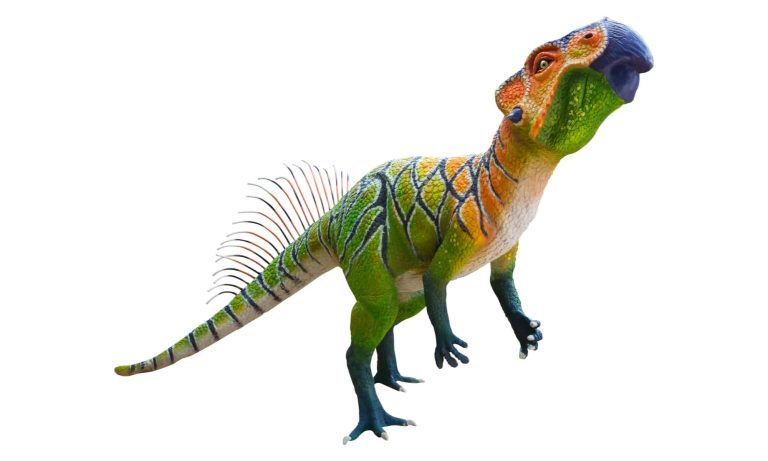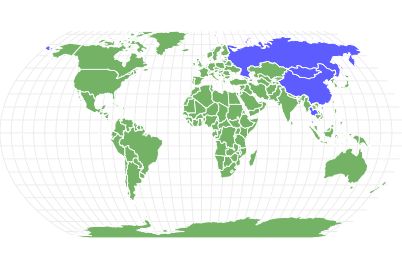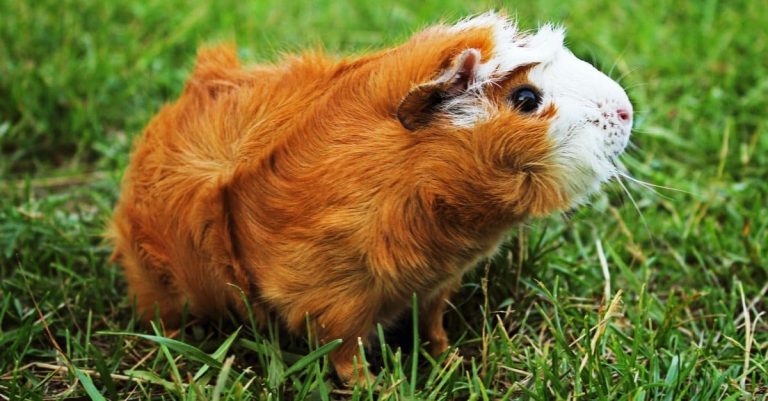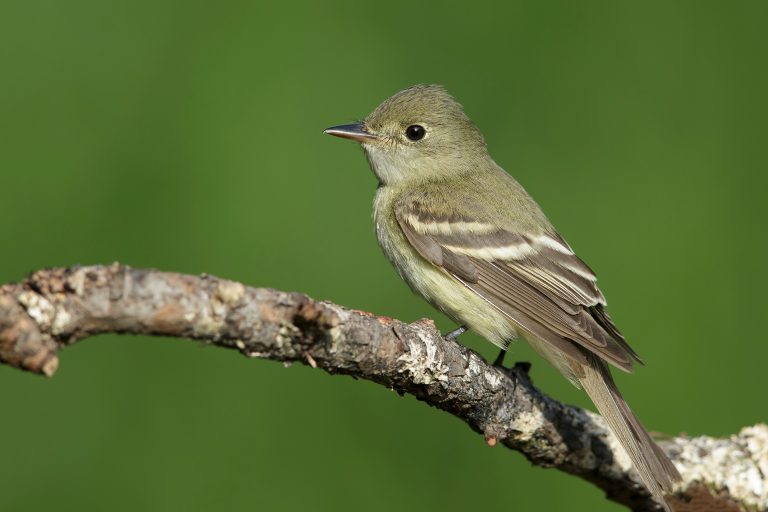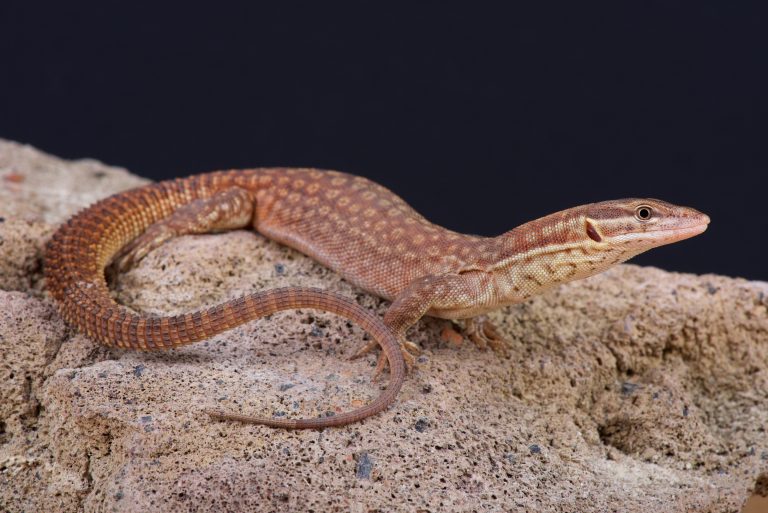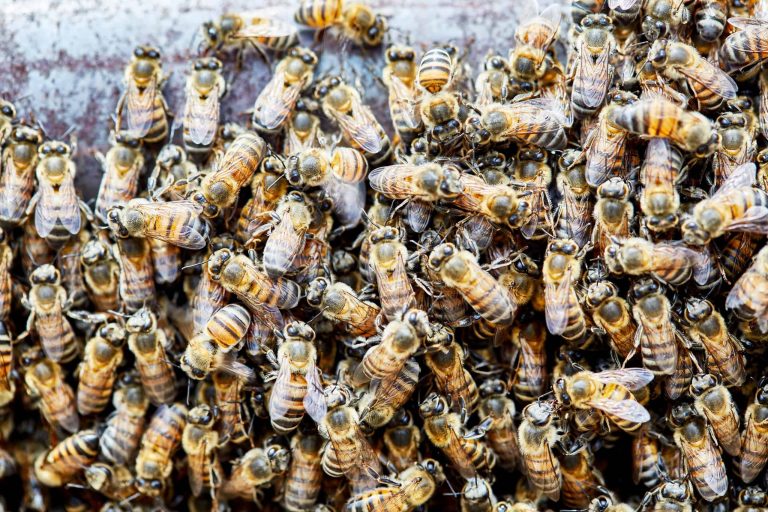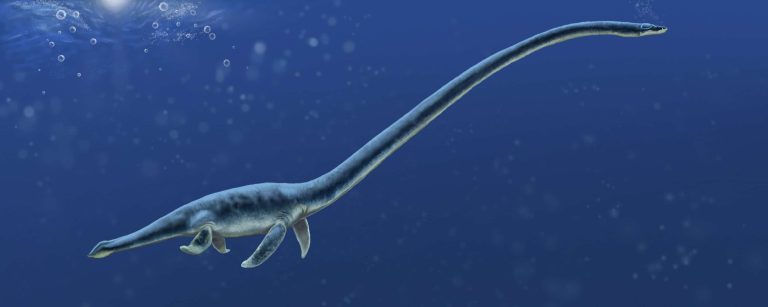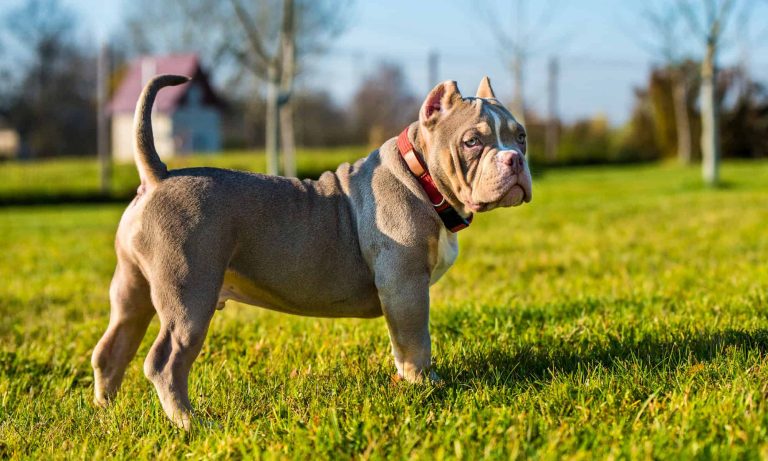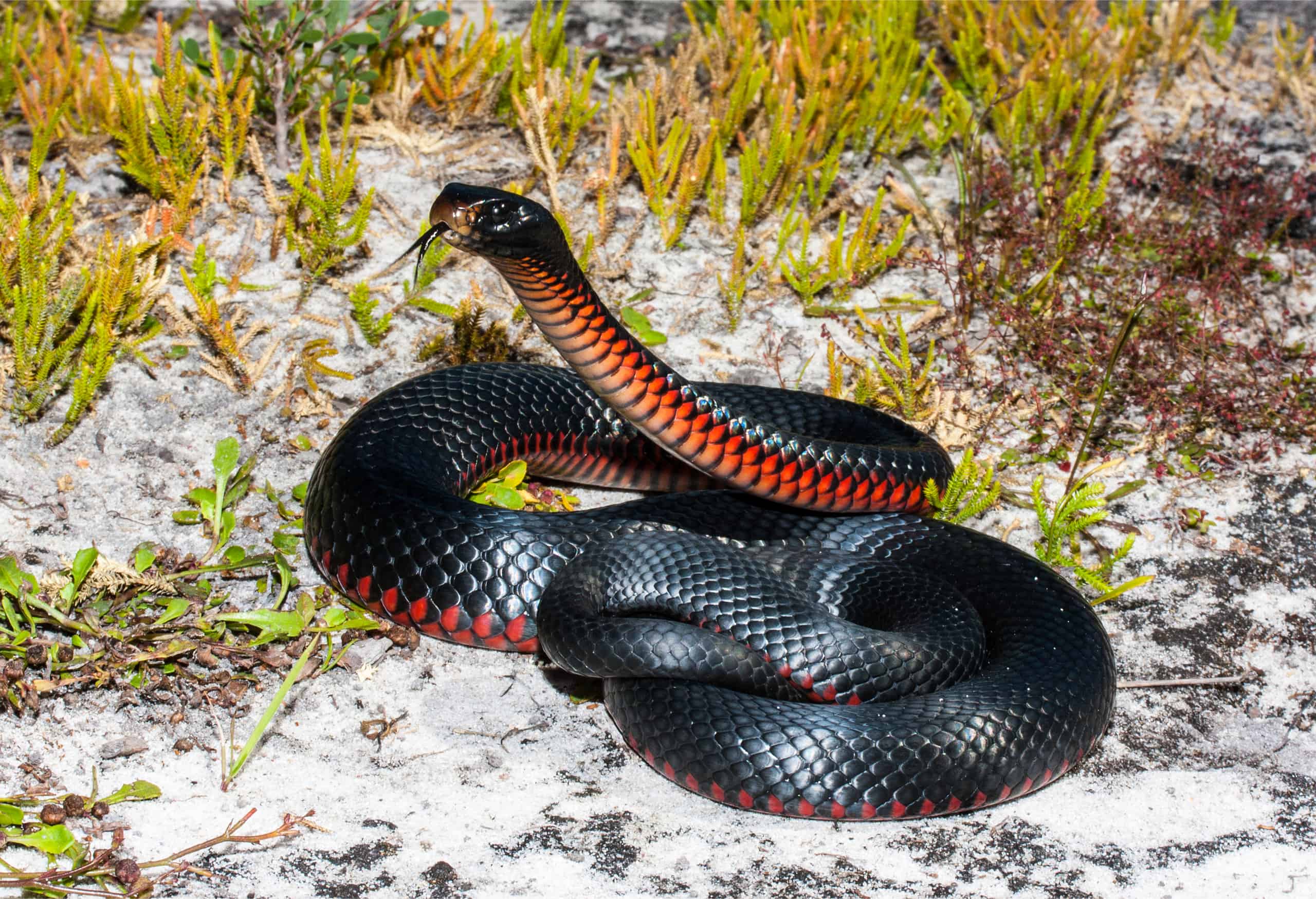Summary and Dimension
This dinosaur’s name implies “parrot lizard” in Latin, and without a doubt the little dinosaur did appear like that vibrant bird in particular vital methods. Its head prolonged right into a toothless beak, and it had quills adding and down its back, and along its tail, which several researchers think were a very early forerunner to plumes. The Psittacosaurus did have teeth in the actual back of its mouth, however it did not have molars for grinding the plant life it ate, leading paleontologists to presume that it ingested rocks to assist in its digestive system procedures, high as parrots do today.
The Psittacosaurus was a reasonably tiny dinosaur and when completely mature, it was bipedal, proceeding its 2 back arm or legs. It utilized its forelimbs for comprehending and bring things. Researchers guess this dinosaur might have been semi- marine considering that many of its fossils have actually been located at lake deposits.
Its leatherlike skin was covered with brownish ranges other than along its abdominal area and the bottom of its tail. This 2- toned shade pattern, called “countershading,” is believed to have actually offered a camouflage feature that enabled the dinosaur to mix even more quickly right into its woodland environment. The Psittacosaurus was 2.6 to 6.5 feet long and 4 feet high; it evaluated in between 50 and 175 extra pounds.
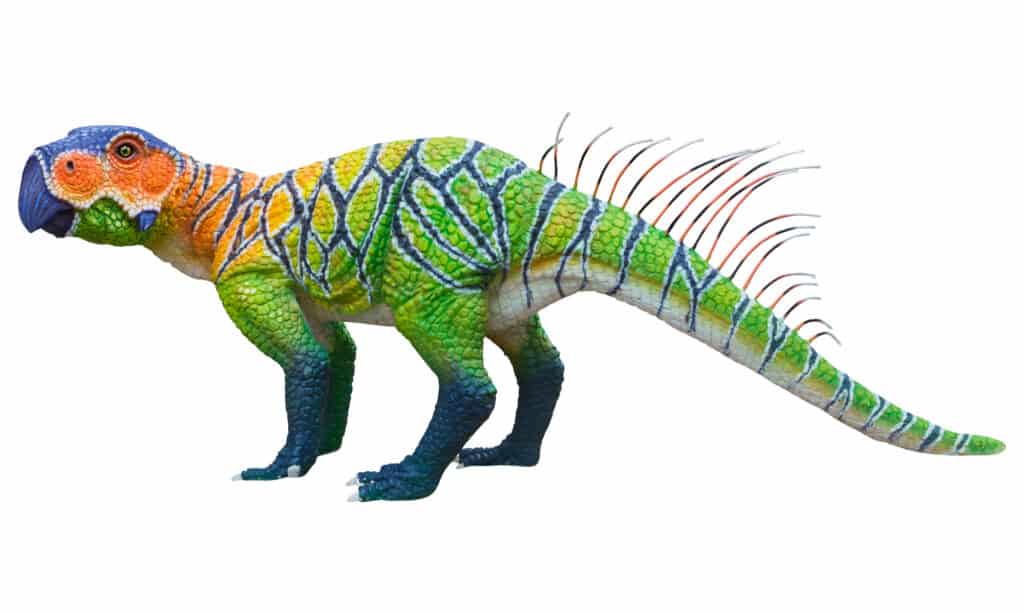
Diet – What DidPsittacosaurus Eat?
The (* )was an herbivore. Its beakPsittacosaurus like mouth shows up to have actually developed to assist it tweeze fallen leaves and nuts from reduced- expanding trees in the deep woodlands it occupied. Because its teeth were not adjusted for grinding, it’s possible this dinosaur ingested stones and tiny rocks to separate the food that travelled through its gastrointestinal system. Such tiny rocks are commonly located inside the stomach dental caries of fossilized -.Psittacosaurus Environment – When and Where Did
Live? Psittacosaurus All
fossils that have actually been dug deep into thus far have actually been located in Very early Cretaceous debris throughout different components of Asia, which would certainly appear to show that Psittacosaurus wandered the planet in between 126 million and 101 million years earlier. Fossils have actually been discovered partly of Mongolia, Siberia, and Thailand.Psittacosaurus Risks
PredatorsAnd Like several plant
eaters, – shows up to have had its reasonable share ofPsittacosaurus It was possibly pursued by meat-eating dinosaurs and perhaps by ancient crocodiles also when it ventured right into the water.predators Among one of the most well-known
was an animal called Psittacosaurus predators, which looked something like a 3Repenomamus foot- lengthy badger. In 2005, paleontologists found a – fossil with the remains of an adolescent Repenomamus in its digestive tract. The adolescent Psittacosaurus revealed distinct indications of having actually been chomped.Psittacosaurus Discoveries and Fossils– Where
Was FoundPsittacosaurus The initial fossil to be recognized as
was found in 1923 by an American Gallery of Nature exploration to the Gobi Desert. The sampling was called “Psittacosaurus mongoliensis” Psittacosaurus by Henry Fairfield Osborn, the researcher that found it, after the nation where it was found, Mongolia. Eleven various other species have actually ultimately been dug deep into and recognized.Psittacosaurus Much is learnt about the
since its fossil remains are so bountiful. No less than 75 collections of fossil Psittacosaurus mongoliensisPsittacosaurus stays have actually been dug deep into, consisting of reps of every phase of the life expectancy from adolescent samplings, freshly hatched out and determining a simple 5 inches long, to senior samplings, determining 6 and a half feet long. Twenty full Psittacosaurus mongoliensis Psittacosaurus samplings with heads have actually been recouped in all. Virtually 400 fossils standing for 11 various other species have actually additionally been found.Psittacosaurus species consist of:
Psittacosaurus mongoliensis
- Psittacosaurus mazongshanensis
- Psittacosaurus meileyingensis
- Psittacosaurus neimongoliensis
- Psittacosaurus ordosensis
- Psittacosaurus sattayaraki
- Psittacosaurus sinensis
- Psittacosaurus xinjiangensis
- Psittacosaurus Among one of the most magnificent of these fossil explorations was made in 2014 when a joint research study group of paleontologists from the Royal Tyrrell Gallery of Alberta, Canada, and the Chinese Academy of Sciences discovered a nest of 6 adolescent
hidden in a volcanic mudflow greater than 120 million years earlier. The varying age varieties of the samplings recommended that although they were cohabiting en masse, they were not participants of the very same brood. This monitoring provides beneficial understandings right into the social actions of these dinosaurs: It promises they gathered together in groups.Psittacosaurus Termination – When Did
Pass Away Out?Psittacosaurus The moment duration within which the
ended up being extinct is not understood with any kind of level of assurance. Nonetheless, it’s most likely termination happened at some point within the mid- Cretaceous duration.Psittacosaurus to
Similar Animals similar to Psittacosaurus
Consist of:
- Triceratops: Although Triceratops was a very large dinosaur and Psittacosaurus was a small one, both were members of the group of beaked, herbivorous dinosaurs known as the Ceratopia that lived during the Cretaceous period.
- Archeopteryx: Archeopteryx is a genus of bird-like feathers. Like Psittacosaurus, anatomical structures strongly reminiscent of feathers have been found in the Archeopteryx fossil.

